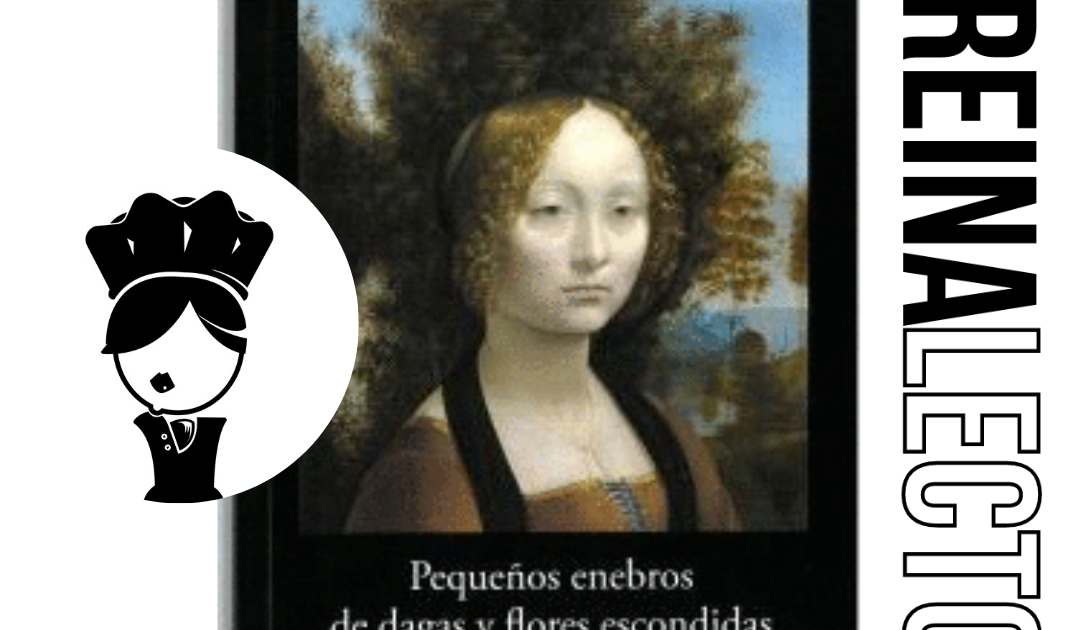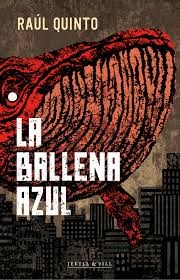
We are in the second week of the year and I come to talk to you about poetry. I have seen that this month, also, the cultural supplement of El País, Babelia, has been dedicated to this genre. An art that for me is more corporeal than significantin line with what I think he defends Byung-Chul Han in his essay Non-things.
To talk to you about poetry, I will refer to Marina Aoiz Monreal, an author with multiple collections of poems behind her that have been translated into German, Arabic, Basque, English, Italian, Portuguese and even Nahuatl. She has been awarded several times. And with a very bucolic, romantic and landscape style. The work I am going to review is titled Little dagger junipers and hidden flowers.
The title alone gives us an image. A frame. That is why I wanted to title this review the way I did, since my first impression was that of Marina as a painter of verses. In fact, the image that came to my mind was that of the painting And in Arcadia I ameven though the cover of this collection of poems is Portrait of Geneva de Benci by Leonardo Da Vinci. And if I had to define these poems it would be as I would do with Poussin’s painting: mythology, allegory and bucolism.
Fly over certain classicism in the verses of Small junipers and hidden flowersas well as a lot of symbolism. Furthermore, the author paints fairy-tale landscapes, making extensive use of lyrics with natural elements: honeysuckle, juniper, sparrows, magnolias, osiers, cattails, poppies… The lexicon that Aoiz uses is quite a field poetrybut at least a walk through a nearby nature did not inspire me so much as mythological, neoclassical, romantic. Feelings are also hidden among dragonflies and crickets, tiliches and mint leaves and I cannot separate myself from romantic painting with its sentimentality, mysticism and more dreamlike facet. For all these reasons, this collection of poems is an oil painting, without a doubt.
I think that Marina Aoiz Monreal, through these poems, can tell us many things, but perhaps that is not the most important thing. What I liked the most were their isolated bodies, that is, the verses without exploration of meanings.. I tend to shy away from searching for meaning in poetry. because, as I said at the beginning, I stay more with the body, with the skin. Therefore, sometimes, I isolate verses and meditate on them for the pure pleasure of pleasure. Thus, when Aoiz says that “He is hungry for angiosperms” or that “Burning has its price”, I do not go beyond those few lyrics that are already beautiful in themselves, stripped of a specific intention or meaning. I like poems that can exist naked because they are simply beautiful in their forms. And if I were a girl (I still am) I would undoubtedly play in the landscapes of Little dagger junipers and hidden flowers because it gives rise to an imagination that clings tightly to that dense and magical world where it seems that something out of a story is going to happen.
Finally, note that in the collection of poems we will find longer or shorter poems, but all worked to the millimeter. Some will transport us to more distant wastelands and certain verses will seem to be written in the present tense. All this to create this painting that reminds us of something or someone.
Little dagger junipers and hidden flowers of Marina Aoiz Monreal It is a beautiful collection of poems, where each verse floats on an element of our close nature that, however, drives us to a world that does not seem to coexist with ours. An ancient and magical world, which seems to want to tell us something that, in turn, does not matter so much, because there is a certain hypnotic quality in reading this author, as there is in looking at a painting by, what do I know, Botticelli. Perhaps that is why there is so much juniper between the pages, because it is the bush of hospitality, like this book, which invites you to stay.
❤ You may also be interested in:
The Prado Garden by Eduardo Barba.
God and world de Johann Wolfgang von Goethe.
Source: https://www.lareinalectora.com/2024/01/nuevo-libro-poesia-marina-aoiz-monreal.html


